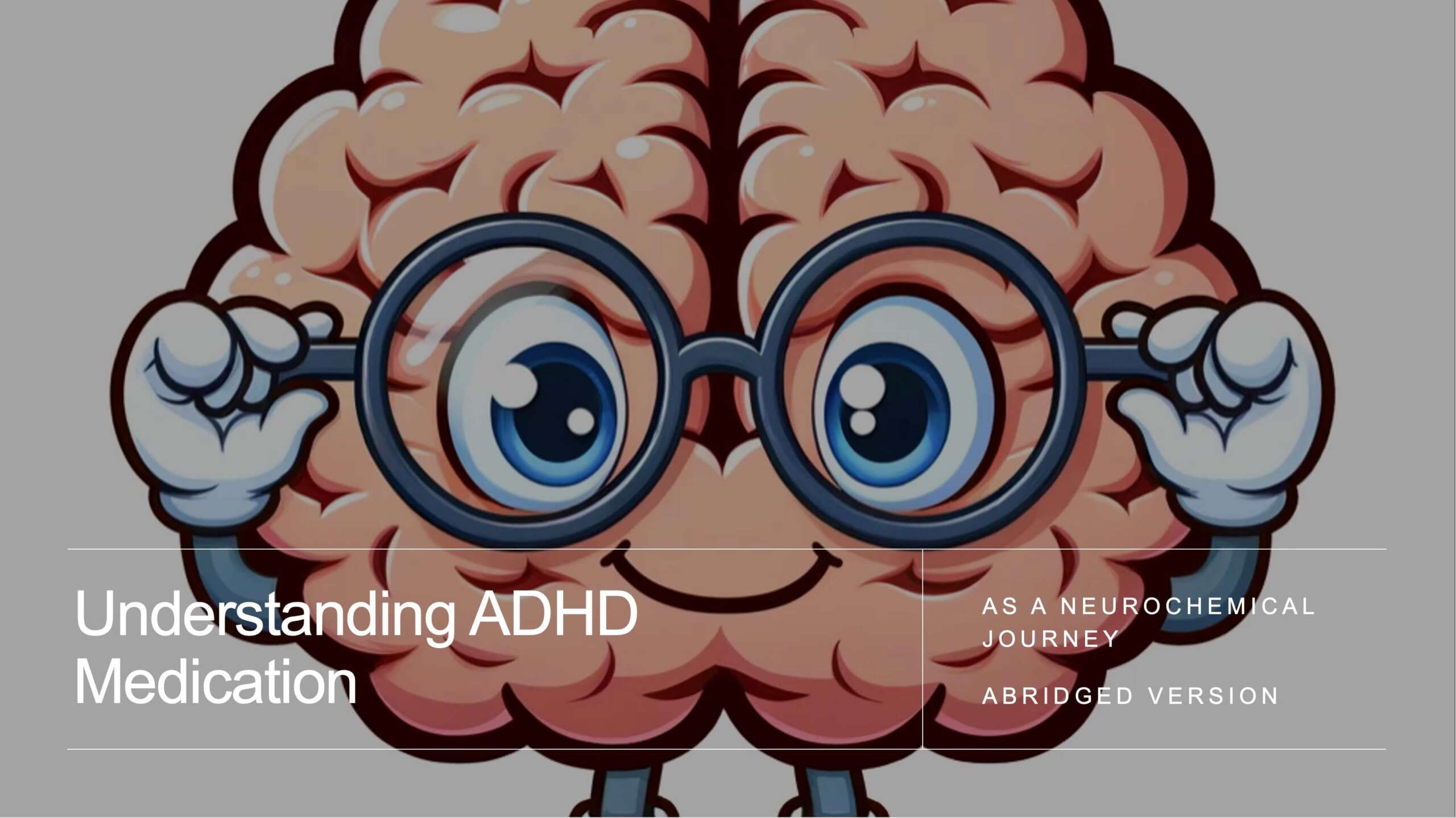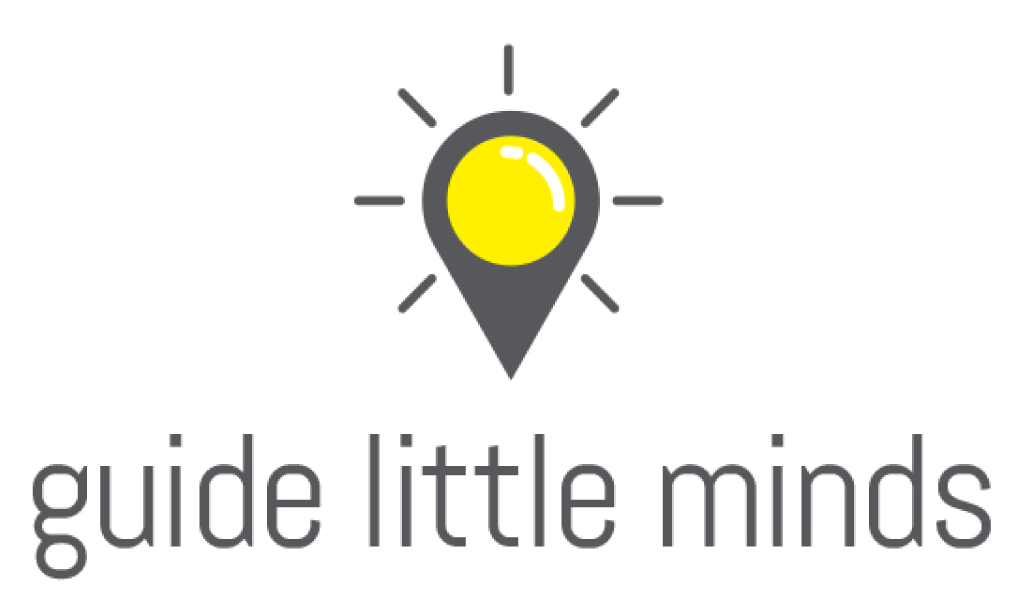As a Neurochemical Journey
Abridged Version
Details
Comprehensive Overview of ADHD Medications and Treatment Strategies
Introduction
Attention-Deficit Hyperactivity Disorder (ADHD) is a multifaceted condition that affects individuals across various stages of life. Effective management of ADHD often necessitates a comprehensive approach that includes both pharmacological and behavioural interventions. This article delves into the intricacies of ADHD medications, their role in holistic treatment, and the importance of a collaborative approach to managing the disorder.
Understanding ADHD Medications
ADHD medications are divided into two primary categories: stimulants and non-stimulants. Stimulants, such as methylphenidate and amphetamines, are the most commonly prescribed and are effective in improving focus and reducing hyperactivity and impulsivity. Non-stimulants like atomoxetine are alternatives for those who do not respond well to stimulants or experience adverse effects.
Stimulant Medications
– Methylphenidate and amphetamines are the primary stimulant medications used.
– They increase concentration, decrease impulsivity, and help with behavioural management.
– The effectiveness varies based on individual response and tolerance.
Non-Stimulant Medications
– Used when stimulants are not suitable or cause significant side effects.
– Atomoxetine and other non-stimulants can be effective alternatives.
– They might have a different mechanism of action and a varied side effect profile compared to stimulants.
Personalisation of ADHD Treatment Plans
ADHD manifests uniquely in each individual, necessitating personalised treatment plans. These plans should consider the individual’s age, symptom severity, and coexisting conditions. Under medical supervision, a trial and error process is often required to determine the most effective medication and dosage.
Behavioural Therapy in Conjunction with Medication
Medication, while crucial, is optimally effective when combined with behavioural therapy. This combination approach addresses both symptoms and the development of coping strategies. Key components include:
– Time management training
– Social skills development
– Techniques to enhance self-esteem
– Strategies to handle day-to-day challenges
The Role of Healthcare Professionals
Effective management of ADHD requires a collaborative approach involving healthcare professionals, educators, parents, and patients. Healthcare providers need to have a deep understanding of ADHD to guide medication management as part of a comprehensive treatment plan.
Importance of Continuous Management and Monitoring
ADHD is a lifelong condition that often requires ongoing management. Regular monitoring and adjustments to the treatment plan are crucial to cater to changing needs, especially during transitions like adolescence. Maintaining consistent medication regimens, even during symptom-free periods, can prevent relapses and ensure long-term management success.
Addressing Common Concerns and Misconceptions
– The ‘zombie effect’: No child should feel overly subdued or ‘zombie-like’ on medication. If this occurs, it indicates a need for dosage adjustment or a change in medication.
– Generic vs. Brand Name Medications: Both can be effective, but individual responses can vary. An expert prescriber should monitor the effects of any changes in medication type.
– Medication non-adherence: Particularly in adolescents, refusal to take medication can be an issue. Engaging the individual in treatment decisions can increase adherence.
Conclusion
ADHD management is a dynamic and ongoing process that requires an informed, multifaceted approach. Understanding the nuances of ADHD medications, the importance of combining pharmacological treatment with behavioural therapy, and the role of a supportive network are critical to effective management. With appropriate care and strategies, individuals with ADHD can lead productive and fulfilling lives.




Very informative, some info we know and some that’s new and very helpful.